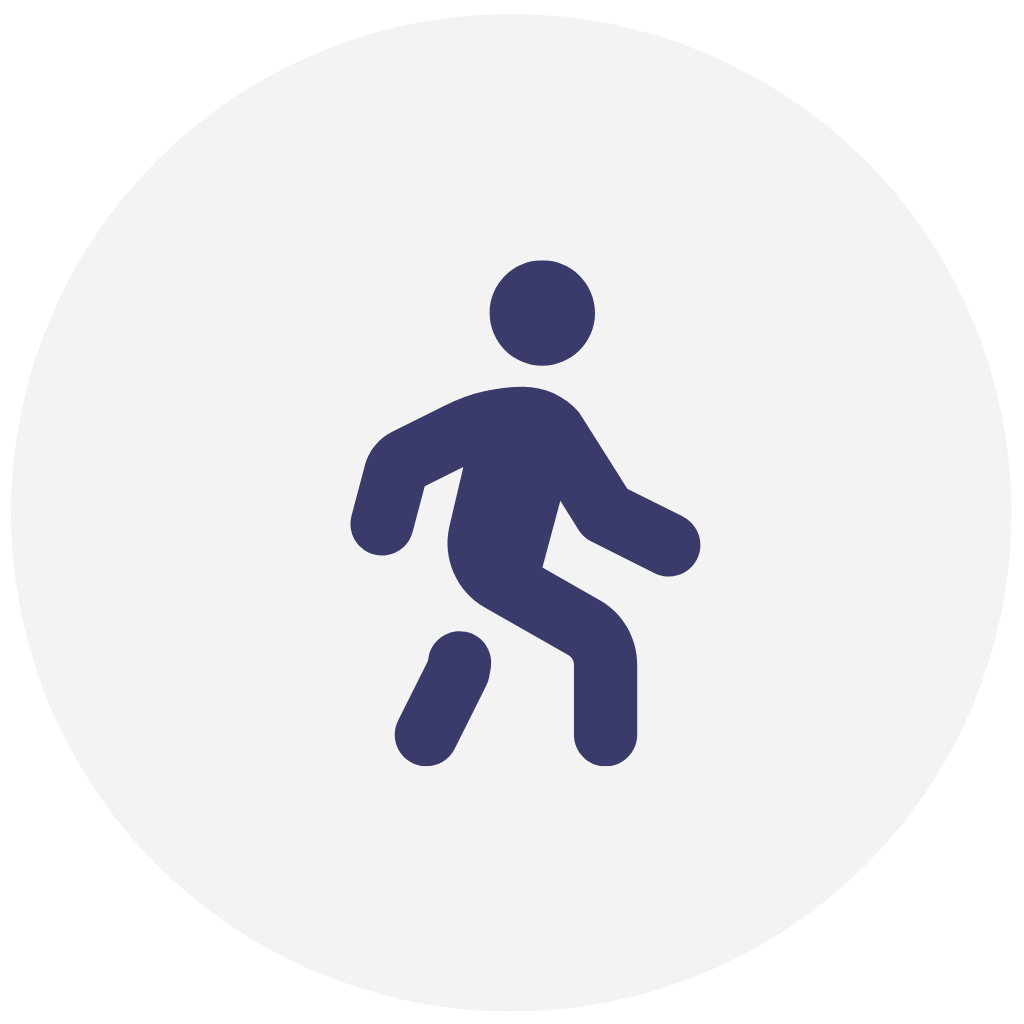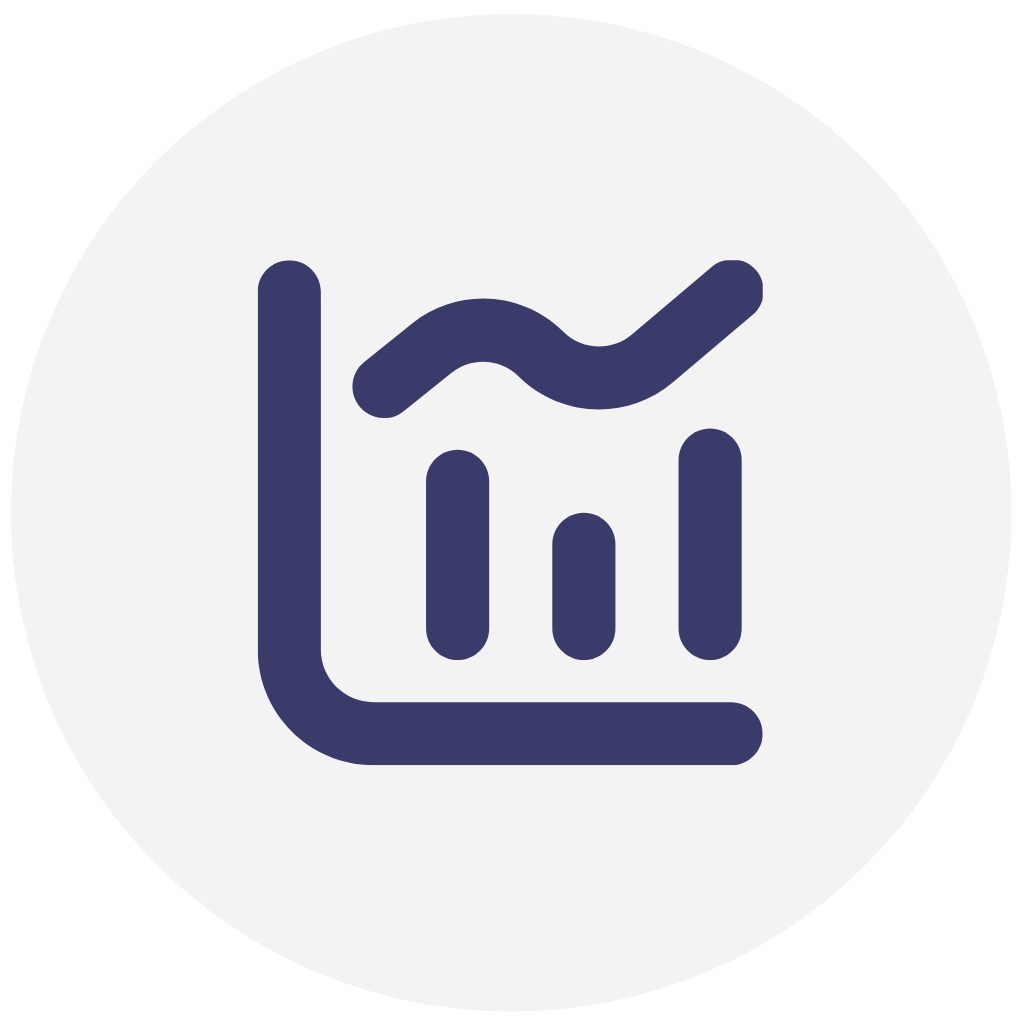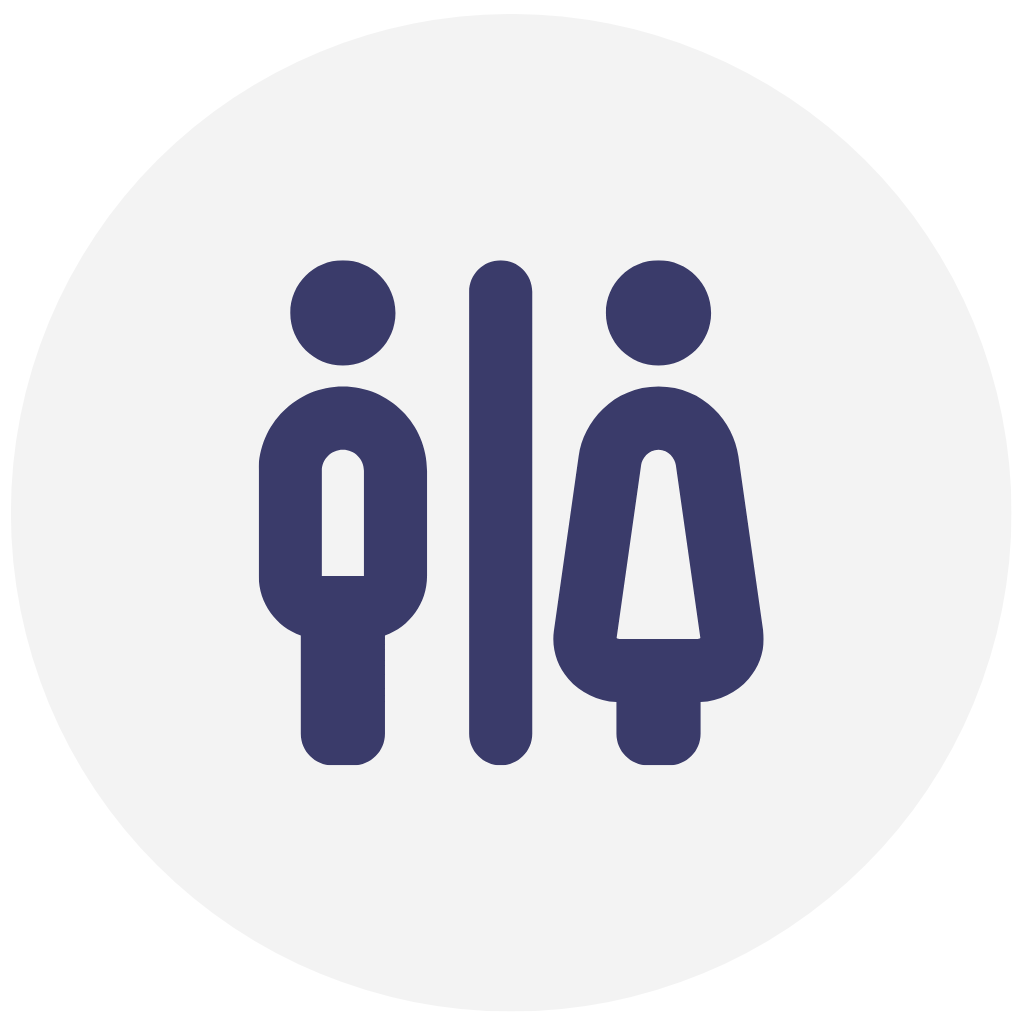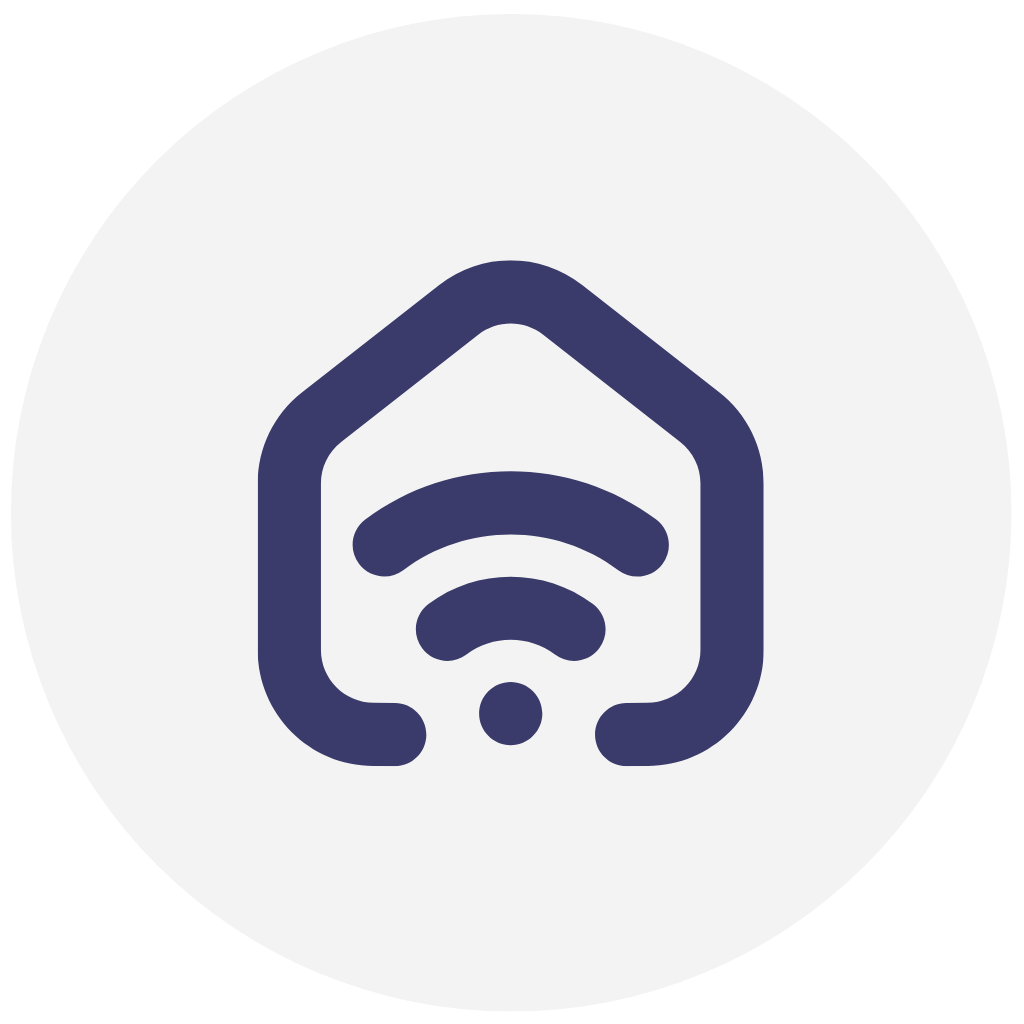In today’s fast-paced retail environment, the role of technology is more critical than ever. Retailers are constantly seeking ways to enhance the customer experience, optimize operations, and make data-driven decisions. This is where retail point of sale (POS) software comes into play, serving as the cornerstone of in-store analytics.
The Power of Retail Point of Sale Software
Retail POS software is no longer just a tool for processing transactions. It has evolved into a multifaceted solution that provides retailers with valuable insights, streamlines operations, and drives profitability. Here’s how retail POS software can transform your physical retail space:
1. Streamlined Operations
Efficiency is the name of the game in retail. Modern POS systems help streamline various operational aspects, from inventory management to employee scheduling. This not only saves time but also reduces the margin for errors, leading to a smoother shopping experience.
2. Real-Time Inventory Management
One of the significant advantages of retail POS software is its ability to provide real-time inventory data. Retailers can track stock levels, identify fast-selling items, and reorder products when needed. This prevents out-of-stock situations and ensures that customers can always find what they need.
3. Enhanced Customer Experience
A seamless checkout process is essential for a positive shopping experience. Modern POS systems offer features such as mobile payment options, personalized discounts, and loyalty program integration. This enhances customer satisfaction and encourages repeat business.
4. Data-Driven Decision Making
In-store analytics have become the backbone of retail success. Retail POS software captures an abundance of data, ranging from sales trends and customer preferences to employee performance. Retailers can use this data to make informed decisions and tailor their strategies accordingly.
Key Performance Indicators in the Physical Point of Sale
To measure the effectiveness of retail POS software, it’s crucial to focus on Key Performance Indicators (KPIs) that are directly tied to your in-store activities. Here are some KPIs that can be tracked using your retail POS system:
1. Sales Conversion Rate
This KPI measures the percentage of in-store visitors who make a purchase. A high conversion rate indicates that your store layout, product placement, and customer service are effective in driving sales.
2. Average Transaction Value
Tracking the average transaction value helps you understand how much customers are spending in your store. By encouraging upselling and cross-selling, you can increase this KPI and boost revenue.
3. Inventory Turnover
Inventory turnover measures how quickly you sell your stock. A higher turnover rate means that products aren’t sitting on the shelves for long, reducing the risk of overstocking.
4. Customer Retention
Your retail POS software can help you identify loyal customers and measure their repeat purchase frequency. Retaining customers is more cost-effective than acquiring new ones, making this KPI essential.
The Importance of Measuring KPIs
Why is measuring KPIs in the physical point of sale so crucial? It’s all about making data-driven decisions that can lead to increased revenue, improved customer satisfaction, and optimized operations. By leveraging the data provided by retail POS software, you can:
- Identify trends and adapt your product offerings.
- Optimize your store layout for better customer flow.
- Implement targeted marketing and promotional strategies.
- Enhance employee training and performance.
- Ensure the right products are in stock at the right time.
Empowering retail point of sale
In conclusion, retail point of sale software is more than just a transaction tool; it’s a vital component of in-store analytics. By harnessing the power of retail POS software and measuring KPIs that matter, retailers can stay competitive, adapt to changing consumer preferences, and create exceptional shopping experiences. In this technology-driven era, the cornerstone of in-store analytics begins with a robust retail point of sale software system.

 People Counting
People Counting Conversion Analytics
Conversion Analytics Customer Behavior
Customer Behavior Occupancy Management
Occupancy Management Queue Analytics
Queue Analytics Restroom Management
Restroom Management Guest Wifi Marketing
Guest Wifi Marketing Corporate WiFi Access
Corporate WiFi Access Retail
Retail Shopping malls
Shopping malls Hospitality
Hospitality Public Venues
Public Venues